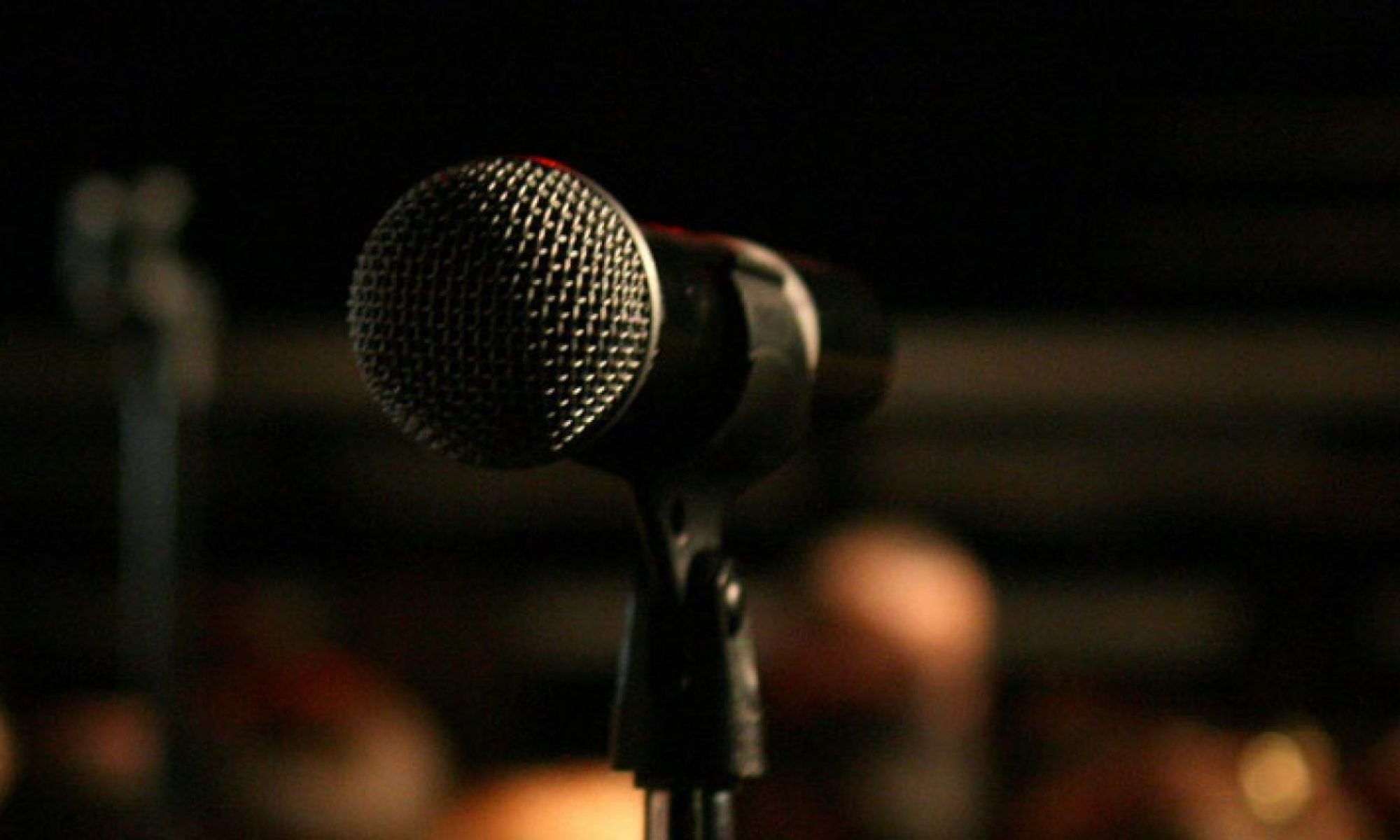Whether it’s your first time ever on a comedy stage or you’re a stand-up veteran, there’s gonna be an occasional punchline or entire set where the audience barely laughs, doesn’t laugh at all – or it at least feels like they’re not laughing.
So what should you do when the audience doesn’t laugh – besides die a little on the inside? Welcome to the art of bombing gracefully!
DOs:
1. Pause longer.
Keep your face engaged in the joke, but don’t talk. Give the audience an extra second or two to get the joke.
You should only do this if you’ve done the joke dozens of times before and are pretty certain it almost always gets a laugh. if it’s a drunken late-night show, or a very tourist/foreign crowd, this may be enough to get the laugh back. This is easier said than done and requires practice because not talking for one second when nobody is laughing will feel like ten minutes.
2. Admit that a joke missed.
A save line like “Cool I’m never saying that one again,” or “You’re right, that wasn’t funny,” will often get the audience to laugh and let you move on to your next joke gracefully.
Caution – only do this once. An audience does not want to hear ten versions of “that didn’t work either, huh.”
3. Shift topics.
If an audience doesn’t laugh at a few jokes in a row that are all on the same theme, and you want the rest of the set to go well, be ready to change gears. If you did five jokes in a row about “dating is hard” and they’re not feeling it, try talking about your childhood instead or a completely unrelated topic. For whatever reason, certain audiences will not wanna hear certain topics. Have more material in your head than time you’re alotted on stage so you can shift gears as needed.
4. Shift to crowd work.
If you keep changing topics and still get nothing, perhaps the audience doesn’t want to hear about you. So make it about them for a minute or two. Then slowly bring it back to you.
5. Do your best to close strong.
No matter how awkward most of the set goes, as long as you’re able to close with a few big laughs, people will mostly only remember that. So save your best, most consistent joke for last, that way you’ll keep your confidence even when other material isn’t hitting as hard as you’d like.
DONTs:
1. Don’t get mad at the audience.
It’s not their fault they’re not laughing. (I mean, it is, but it’s also not.) Save the “I hate them” until you’re off stage. Your goal is to amuse them, so keep the internal negativity to a minimum.
2. Don’t have a panic attack.
Even during the best of sets, a punchline or two can miss and the only person who’ll really notice is you. If you keep talking without dwelling on a line or two, you can still have a great set. Even if you have a slow minute or two, as long as you keep talking and smiling without hyperventilating, the odds are you’ll still land your set successfully.
3. Don’t speed up and start talking faster.
Talking super fast is a sign of nervousness and will subconsciously dig a deeper hole with the audience.
4. Don’t keep doing the same joke the same way.
If a joke doesn’t work with a few different audiences, it’s time to cut or rework the joke. The larger an audience is, the more useful their response. It’s a lot harder to get 3 people to laugh (especially if they’re comics) than it is to get 30 or 300 people to laugh. So the better the crowd, the more you should trust them not laughing at a specific line.
Wanna try stand-up comedy yourself? Take our NYC Comedy Class or book a private one-on-one comedy coaching session (in person or via Zoom)


